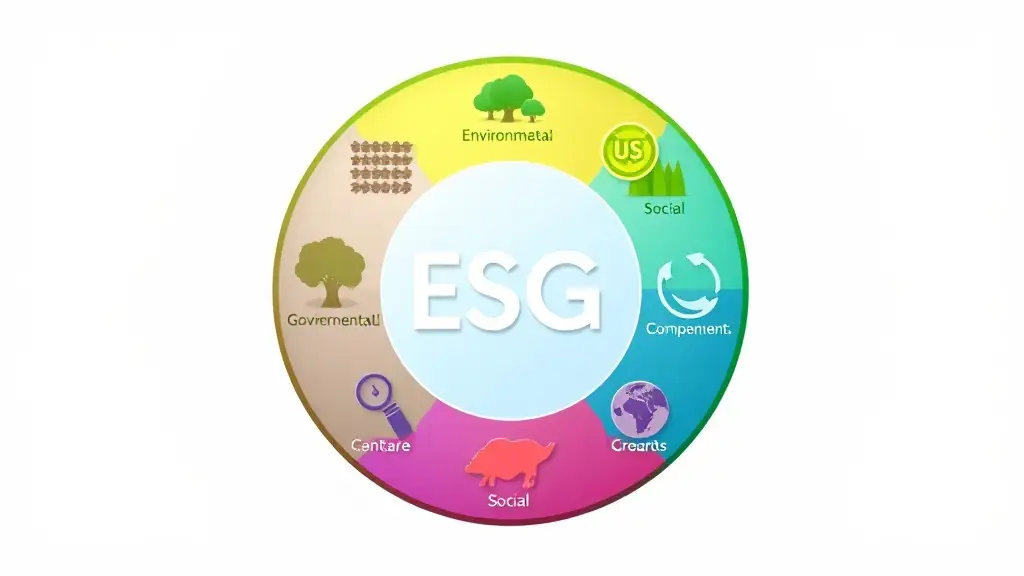ESG stands for Environmental, Social, and Governance, and it represents a set of criteria used to evaluate a company’s impact on society and the environment. Understanding ESG is crucial for investors, consumers, and businesses alike, as it reflects a company’s commitment to sustainable practices. Companies that prioritize ESG factors tend to perform better in the long run, as they are more resilient to risks associated with environmental and social issues. This growing focus on ESG is reshaping the corporate landscape and influencing investment decisions.
The environmental aspect of ESG evaluates how a company manages its impact on the planet, including carbon emissions, waste management, and resource conservation. The social component examines how a company interacts with its employees, suppliers, customers, and the communities in which it operates. Governance focuses on the leadership, audits, and shareholder rights within the organization. Together, these factors provide a comprehensive view of a company’s sustainability practices.
As consumers become more aware of the importance of sustainability, they are increasingly seeking out companies that align with their values. Businesses that embrace ESG principles not only contribute to a better world but also enhance their reputation and customer loyalty. By understanding and implementing ESG criteria, companies can drive positive change while achieving their business objectives.



